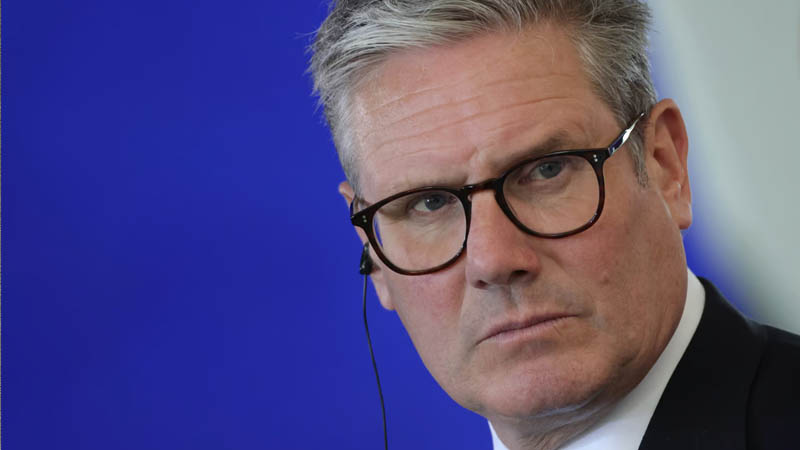
It looks like taxpayers could be asked to cough up even more cash as talks with Mauritius over the Chagos Islands head into their final stages — and the price tag is creeping up. Mauritius, keen to strike a better deal before signing off, has gone back to the table asking for more money — specifically higher lease payments for the Diego Garcia military base, plus extra development funds on top of the hefty £9 billion already on the table. And while the UK insists it’s not upping the total cost, insiders have hinted that there’s wiggle room in how the money gets handed over.
Apparently, the UK has put forward three fresh payment options in recent weeks, each involving more of the 99-year lease being paid upfront. But so far, Mauritius has said no to two of them and is holding out for something better. According to one source close to the talks, “We didn’t even consider the first two options after consulting our legal experts. We are discussing the third option”, reported GB News.
The finer details of this third option haven’t been made public yet, but the key sticking point remains the timing and structure of the payments. Mauritius’ new prime minister, Navin Ramgoolam, reopened the talks with the goal of accelerating the cash flow to help manage the country’s mounting public debt. That put pressure on the UK to find a compromise that still stays within the original agreement — or at least appears to.
Behind the scenes, the UK has already agreed to fast-track a lump sum payment shortly after the deal is finalised, but sources say things got tense when Mauritius started asking for more money overall. Some officials in Whitehall reckon Mauritius is capitalising on the UK’s eagerness to wrap things up and reduce the legal risks surrounding operations on Diego Garcia.
Despite earlier worries the US might block the whole thing, President Donald Trump gave it the green light after Labour leader Sir Keir Starmer made a trip to Washington. According to The Telegraph, final approval came from US national security adviser Michael Waltz after talks with the UK’s Jonathan Powell.
While the Foreign Office hasn’t confirmed the full cost to British taxpayers, reports put it around £9 billion — though there’s been speculation it could be closer to £18 billion, which a government minister has dismissed as “inaccurate.”
As the deal heads for Parliament, where the actual figures will finally be laid bare, the controversy shows no signs of slowing down. Critics, especially from the Conservative side, have slammed the entire process, calling it a foreign policy disaster and accusing Labour of giving in too easily.







